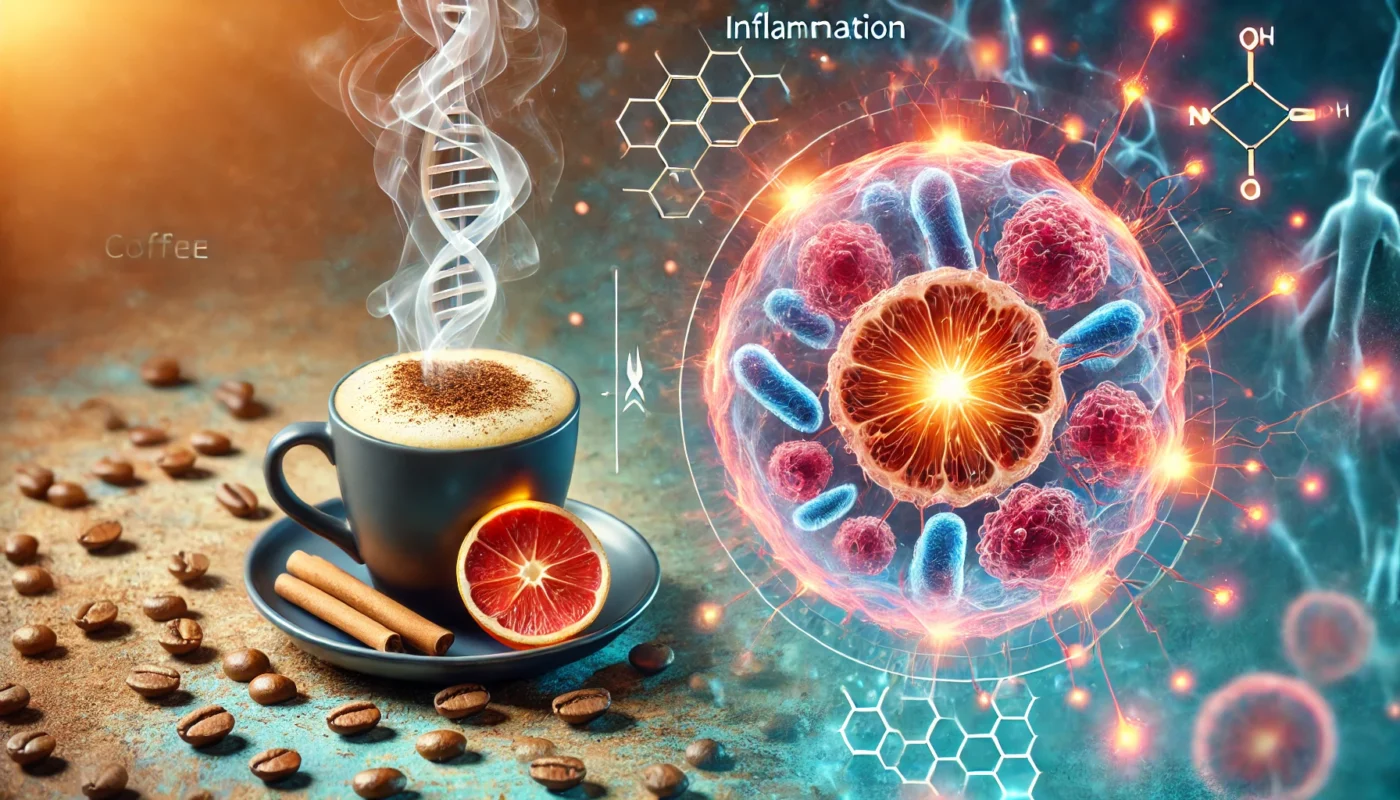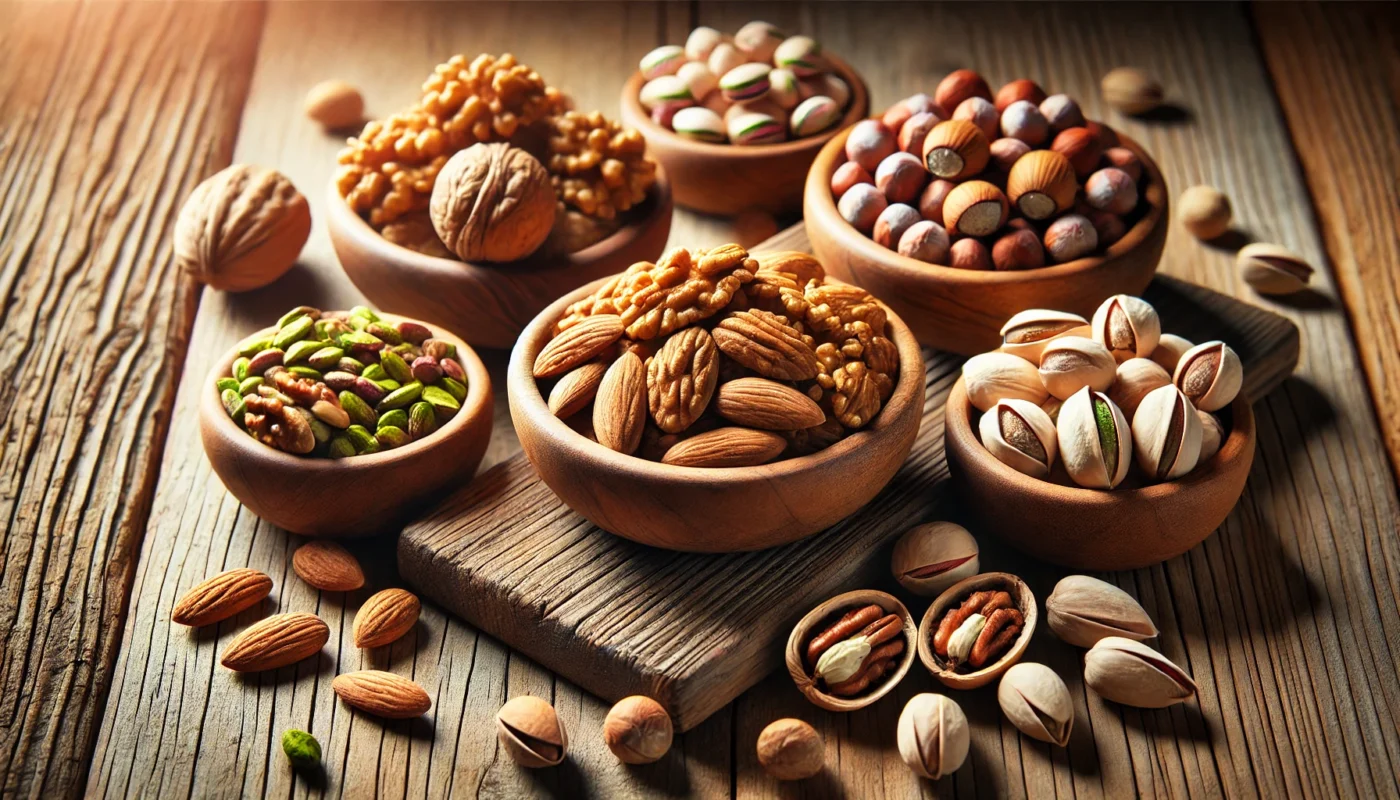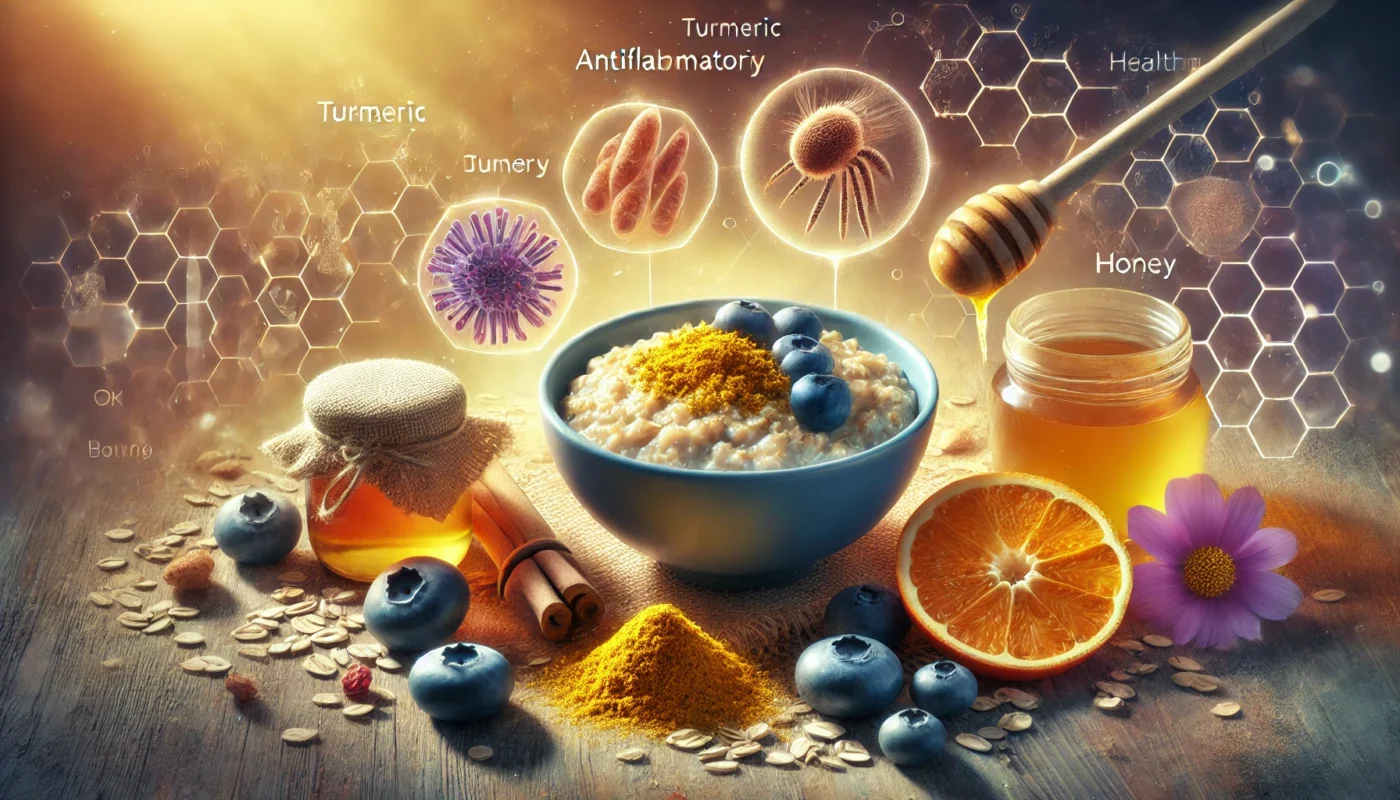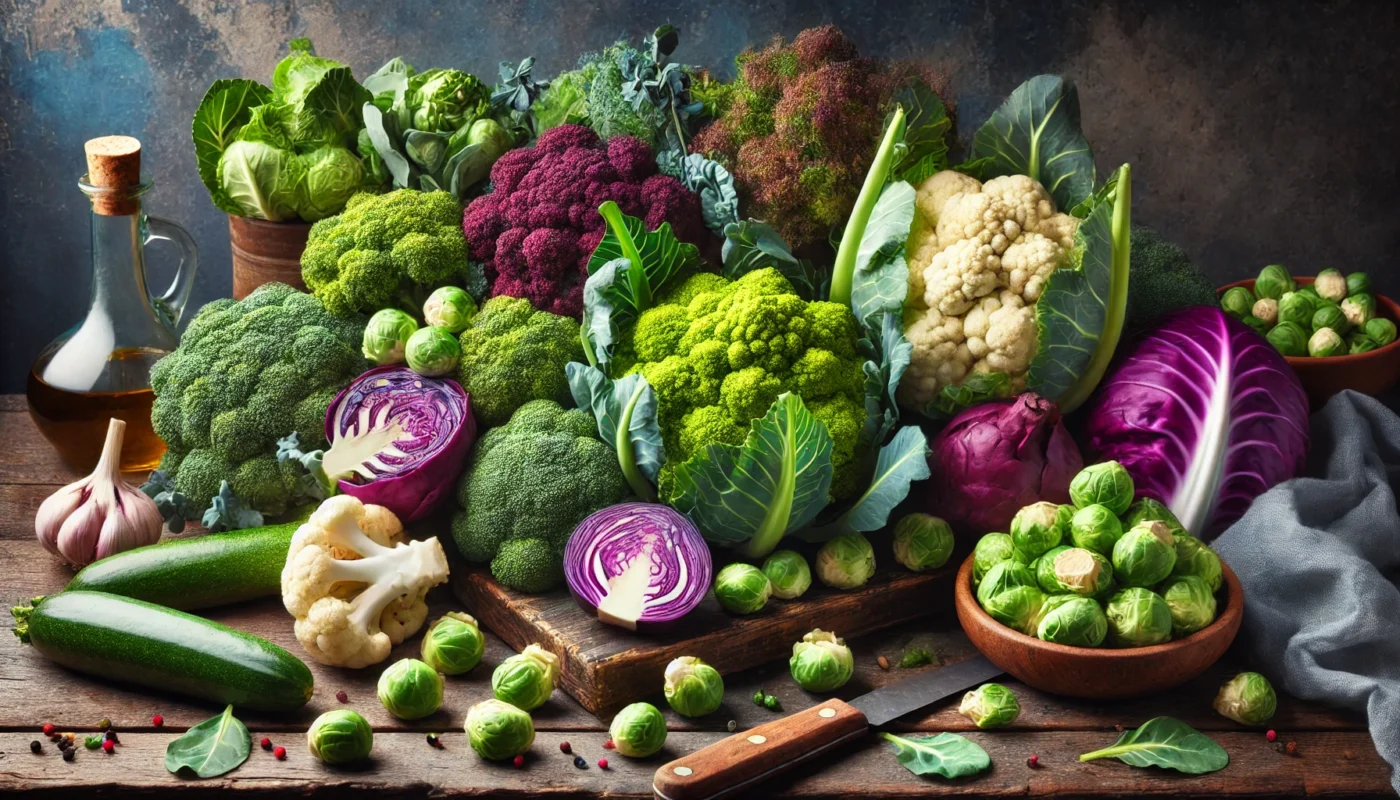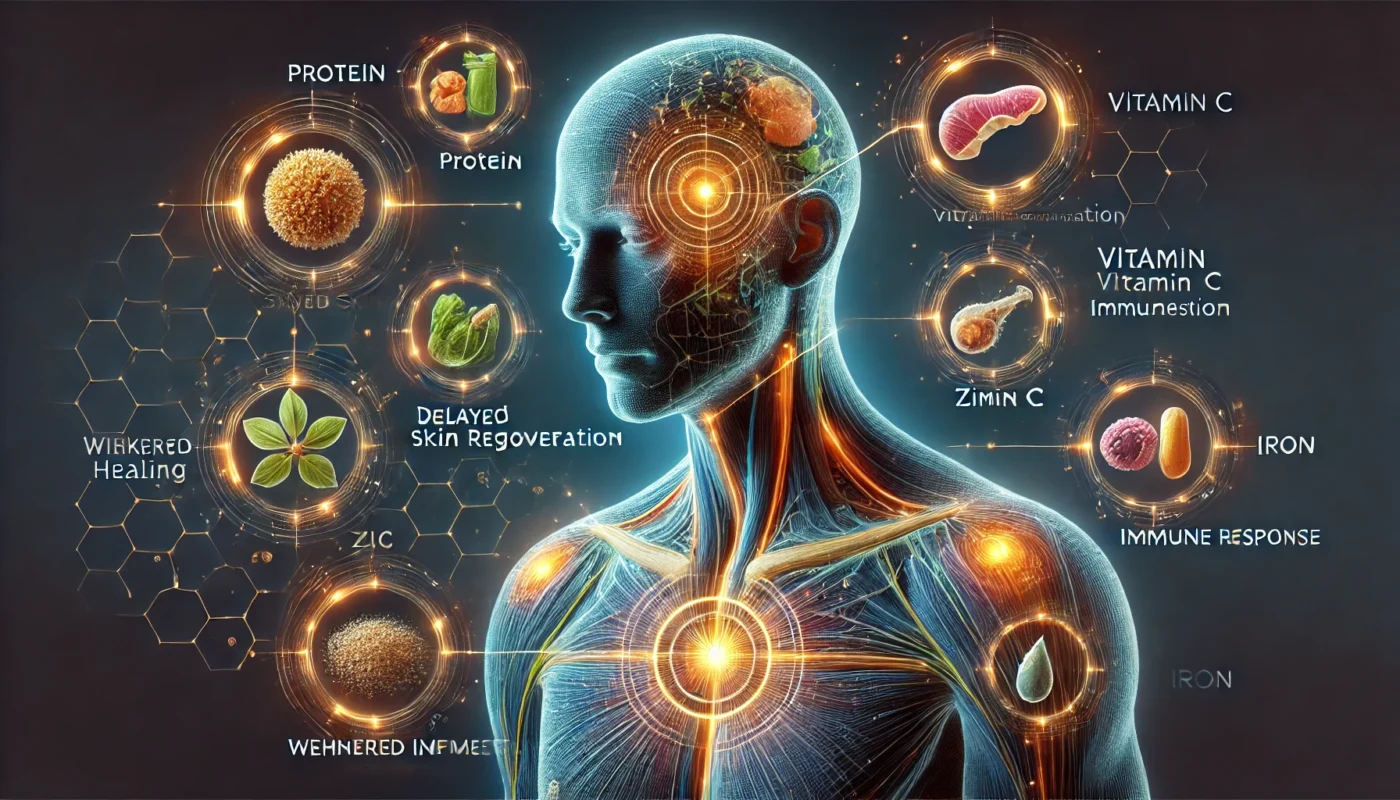For many of us, coffee is an indispensable part of our daily routine. It’s the morning pick-me-up, the afternoon energy booster, and sometimes, even an evening indulgence. Beyond its beloved role as a caffeine fix, coffee has been the subject of extensive research, particularly concerning its impact on inflammation. So, is coffee an anti-inflammatory food, or does it contribute to inflammation? Let’s delve into the science behind coffee and its effects on our body’s inflammatory processes.
Tag Archives: Balanced Diet
When you think about mushrooms, you might picture them as a delicious addition to your favorite dishes. But did you know these fungi have been recognized for their medicinal properties for centuries? In recent years, scientific research has increasingly focused on their potential health benefits, particularly their anti-inflammatory properties. Let’s dive into the world of mushrooms and explore their ability to combat inflammation.
Before diving into the specifics, it’s crucial to grasp the relationship between nuts and inflammation. Nuts are nutrient-dense foods packed with healthy fats, fiber, protein, vitamins, and minerals. While some might wonder, “are nuts inflammatory?” the answer largely depends on the type and quantity consumed. Generally, most nuts are beneficial in moderating inflammation due to their rich antioxidant content.
To comprehend oatmeal’s impact, we must first understand inflammation. Inflammation is the body’s natural response to injury or infection, a crucial part of healing. However, chronic inflammation is a different story. It can lead to various health problems, including heart disease, diabetes, and arthritis. Therefore, managing inflammation is vital for maintaining optimal health.
The immune system is a complex network of cells, tissues, and organs working together to defend the body against harmful invaders. It comprises two primary components: the innate immune system, which acts as the first line of defense, and the adaptive immune system, which targets specific threats with precision.
The innate immune system is the body’s first response to pathogens and is non-specific, meaning it attacks any foreign invader. It includes physical barriers like skin and mucous membranes, as well as immune cells such as phagocytes and natural killer cells. These components work in tandem to detect and destroy invaders before they cause harm.
The innate immune response is rapid, often responding within minutes to hours of an invasion. The cells involved in this system, such as neutrophils and macrophages, are constantly on patrol, identifying and engulfing pathogens. This immediate response is crucial for preventing infections from taking hold.
Chemical signals, such as cytokines, play a significant role in the innate immune system by coordinating the response. These signals can recruit additional immune cells to the site of infection, increasing the body’s ability to eliminate the invader.
A robust immune system is essential for warding off infections and illnesses. It acts as the body’s defense mechanism, identifying and neutralizing harmful pathogens such as bacteria, viruses, and other foreign invaders. While numerous factors contribute to immune health, including genetics and lifestyle choices, diet is a fundamental aspect that can be directly controlled.
The human body is a complex ecosystem, capable of self-healing when nourished with the right nutrients. Foods that help fight infection are rich in vitamins, minerals, and antioxidants, which work collectively to enhance immune function and protect against pathogens. These foods not only bolster the body’s defenses but also support overall health by providing essential nutrients.
The endocrine system, a complex network of glands and hormones, plays a crucial role in maintaining the body’s homeostasis. It influences almost every cell, organ, and function of our bodies, from regulating metabolism to controlling mood. Given its importance, understanding how to maintain a healthy endocrine system is vital for anyone keen on optimizing their health and well-being.
In this article, we will delve into the top foods that can support and enhance your endocrine function. But first, let’s explore some interesting facts about the endocrine system to appreciate the incredible work it performs daily.
Before diving into specific nutrients, it’s crucial to understand the fundamental role nutrition plays in wound healing. The process of wound healing is energy-intensive, requiring a myriad of nutrients to repair tissues, fight infection, and regenerate new cells. A deficiency in vital nutrients can lead to delayed healing and increased susceptibility to infections. Therefore, ensuring […]
Recovery from injuries, surgeries, or illnesses is a multifaceted journey that demands a holistic approach. While physical therapy and rest are often highlighted, nutrition plays a pivotal, yet frequently underestimated, role in the recovery process. Nutritional deficiencies can significantly hinder the body’s innate ability to heal and regenerate. This article explores how inadequate nutrition affects […]

